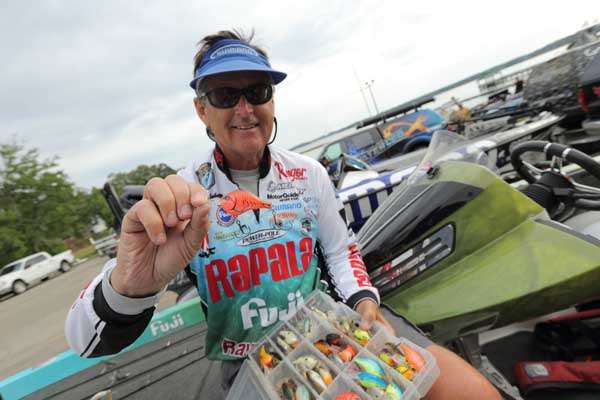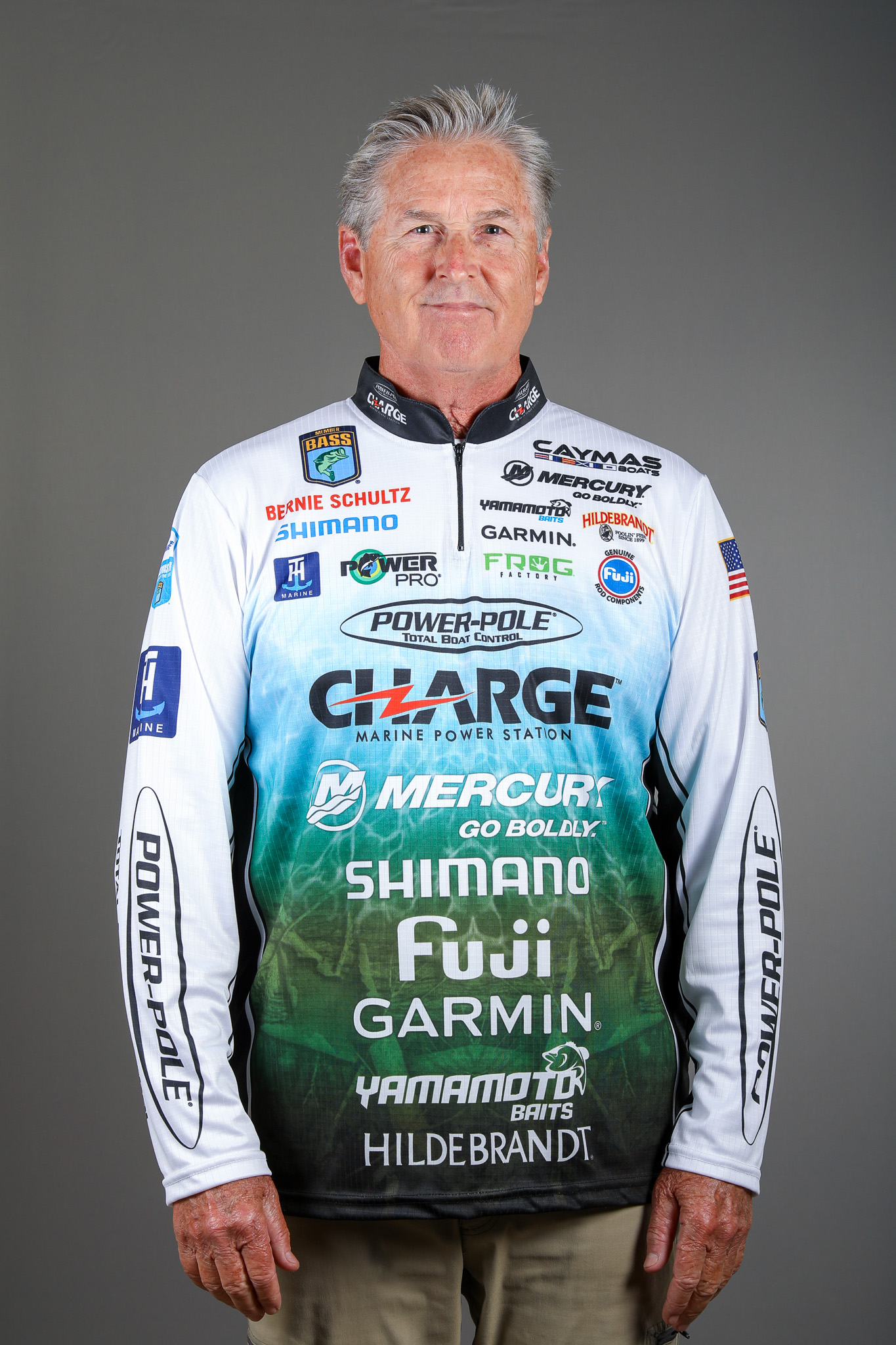
At the end of each season, pro anglers begin the process of renewing sponsorships and seeking out new ones. It’s an endless game, but one that’s essential to our survival.
No pro — at any level — can make it on winnings alone. Eventually the cost of doing business will catch up with you.
When you factor in the expense of a tournament-rigged boat, tow vehicle, entry fees, tackle and all the travel involved, it adds up in a hurry. In fact, I bet the amount of money we spend to participate in the Elite Series would shock most of you. Figure upwards of $75,000! …and that doesn’t include the cost of a tow vehicle or boat.
So you can see how essential sponsor dollars are for those willing to assume the financial risks of becoming a touring pro.
In most cases, our deals are finalized well in advance of tournament season — usually by late October or early November. But that’s not always the case. In fact, some come down to the very last minute. And that can create problems — such as finalizing shirt, truck and boat wrap designs, for example. Those require considerable planning and time to execute.
No angler wants to be put in this position. Believe me, we would much rather be focused on the tournaments ahead. Unfortunately, however, it’s sometimes unavoidable.
Tried & True
Since the beginning, I’ve tried to work with the companies and brands I truly believe in. And to get there, I was willing to work for less. I believed if I worked hard and stuck with it, the rewards would eventually come … and they have.
Today, I represent some of the best brands in fishing — like Ranger, Mercury, MotorGuide, Rapala, Fuji, Raymarine, Power-Pole, Shimano, Sufix, VMC, Yamamoto, Hildebrandt and WrapThisInk.
It’s pretty easy to spot an angler who’s endorsing a product or brand purely for the money. And I’m sure the consumer and media can see through a thin endorsement as well. Sadly, there are anglers out there that are dependent on the deals with companies whose products they don’t truly believe in.
My advice to anyone trying to make it in the sport is to avoid this trap. Try to work only for the brands or products you’re confident in — even if it’s for less compensation. That way your integrity can never be questioned.
I realize it’s tough to decline a quick deal, but quick deals usually don’t last. That’s why I worked so hard to align myself with brands with which I could build a future.
Decisions, Decisions
Re-signing an existing sponsor or securing a new one often brings uncertainty. It’s a waiting game. Getting corporate approval for funding can take time, no matter who you are or who you’re dealing with. And there’s always the risk of the deal falling apart. It happens … a lot!

Whether it’s due to a breakdown in communication, something misrepresented or a simple budget cut, it’s heartbreaking for the guy who’s dependent on the funds necessary to compete.
I learned long ago, a relationship with a company or major brand oftentimes comes down to a single person. As long as your relationship with that person is strong and they remain in position, you’re fairly secure — provided you do your part, of course. But the minute that person moves on or is no longer calling the shots, you can quickly find yourself out on the curb.
To me, the bottom line is this: Make sure you provide value for the brands you want to represent — both going in and after you’ve established the relationship. If you’re not able to improve their bottom line, you’re of no use to the company.
In this sport, it’s not only essential to be competitive on the water, it’s equally important to be competitive in the boardroom. That’s where the deals are made.
Watch for my next column, where I’ll introduce a new and unique program where you can gain valuable lessons on how to secure and build sponsorships.





